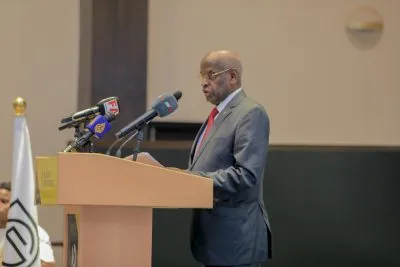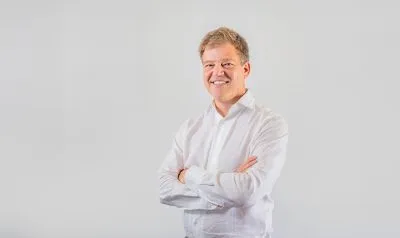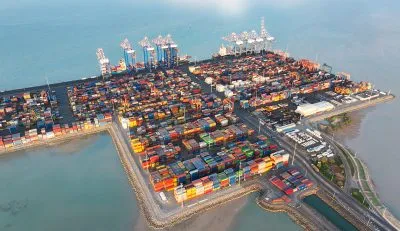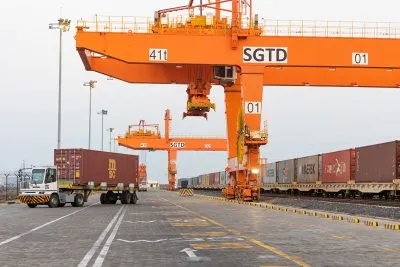The Morocco-based multinational company, O Capital Group, is one of the most significant organisations working to transform Djibouti into a modern and highly efficient trade and communications hub in the Horn of Africa.
The Group, an investment holding, is among only a select few African companies to have firmly established their presence outside their home countries and is now regarded as an important pan-African Group.
The Group’s vision and philosophy are driven by its chairman, the Moroccan business magnate Othman Benjelloun, who throughout his career has been a firm believer in the opportunities that continental Africa presents. He has also been a keen proponent of South-South collaboration.
His long-term vision and patient approach has paid rich dividends. O Capital has established itself as a major player across the continent through its subsidiaries – notably, the Bank of Africa Group has a presence in North, West, East and Southern Africa as well as subsidiaries in Europe and China. While banking and insurance are its core business, it now has interests in renewable energy, infrastructure and telecommunications, not just in Africa but around the world.
Recent estimates put the Group’s holding at $42bn under management. The Bank of Africa Group and the Royale Marocaine d’Assurance insurance organisation are considered some of the jewels in its crown. It has stakes in telecommunications through a partnership with Orange, and is involved in a variety of other sectors including infrastructure.
“We define ourselves as a diversified, pan-African Group and our vision is to be a leading player in Africa,” says Abdou Bensouda, a director of Bank of Africa and MD of O Capital Investment Solutions, the international private equity and asset management arm of the Group.
The Group’s extensive footprint allows its asset management and investment divisions to gain vital local knowledge and thus better manage risk. Bensouda explains that as trusted partners they can help reduce the gap between perception and reality and provide confidence to international partners wanting to take part in the African opportunity.
“One cannot deny that the demographics and growth rates make Africa a compelling case. We understand the continent, we see the opportunity and we can assist our partners internationally to join us on this journey.”
Partnerships, Bensouda says, are an integral part of the Group’s approach. “I’d say it’s in our DNA. What has made the Group really strong is our ability to partner with major groups that bring their know-how and skills to the table.”
Examples include partnerships with the French telecom giant Orange, and more recently with ACCIONA on desalination projects.
Winning formula
The winning formula, says Bensouda, is the combination of international expertise with the Group’s local knowledge. It’s a formula that the Group is rolling out across its continental African holdings. “The idea is not only to bring capital but also expertise to the investments that we make.” These partnerships can be project-specific or long-term and sometimes entail the transfer of knowledge rather than capital.
The Group’s other objective is to help encourage more investment into the continent. “We want to attract international investors and accompany them to Africa.” This can take several forms. “Often, we structure investment vehicles under European laws, which people can invest in and then those vehicles target African countries. For example, we set up mutual funds that invest in African stock exchanges, others that invest in African private equity funds and others that invest directly.”
That means the Group does not have to necessarily place its own funds, but can still play a vital role bringing money into Africa.
Adil Jabri, CEO at Finatech International, says they have been scoping out opportunities – beyond its finance and insurance businesses – on the continent for about a decade.
The main focus, initially, has been on technological infrastructure and services. The Group has been able to leverage its experience and institutional familiarity with the continent into success. “That is the strength of the Group – our years of experience. This has enabled us to develop a fairly in-depth understanding of the economic and cultural dynamics in Africa.”
Engaging with the global South is at the heart of the company’s strategy, says Jabri. The Group is currently present in over 20 African countries. “It goes beyond simply providing services or technological and technical infrastructure solutions; it’s about encouraging a transfer of skills and knowhow in all these areas.”
This approach, he says, has been the key ingredient in the success they have had in the continent, including in Djibouti, where they are currently making some landmark investments. These investments are driven not only by the company’s longstanding interest in the region – where Bank of Africa has a strong presence – but also by the country’s favourable fiscal rules and investment climate, including a stable currency and free movement of capital.
“The Group is currently exploring the possibility of making Djibouti the hub for our raw material, chemical, and plastic activities. The country is appealing for Afric-Chimie, a subsidiary created in 1965,” adds Jabri.
City of Djibouti
At present, the O Capital Group is involved in the 150-hectare extension of the City of Djibouti project, through its subsidiary, Finatech Group. The extension includes upgrades to the electricity network, roads, drainage, water systems, lighting and telecommunications, bringing the city in line with the highest international standards.
“We are extremely proud to be part of this project because we can see that the government is working hard to improve the lives of ordinary Djiboutians,” Jabri says.
The other major infrastructure project that the Group has taken on in Djibouti is the renovation and extension of the Djibouti International Airport. “It’s a project that’s lasted a few years, and we’ve had a lot of difficulties, notably because of Covid and
the maritime crisis,” Jabri reports, noting, however, that “these are projects of which we are extremely proud.”
Beyond putting its mark on the country’s physical environment, the Group is also making an impact on the local workforce with training and recruitment programmes, which include the hiring of 500 engineers, technicians and other workers for these projects.
“At all these levels, we did our utmost to transfer these skills as part of the city extension project, [and] we built and made available to the government a building trade training centre. It’s very important for us to have this long term impact on the local economic fabric,” Jabri stresses.
The Group’s continuing presence in Djibouti means it will be able to help attract other investors by the force of its own exemplary experiences. “We can show groups – usually our partners – the investment opportunities in Djibouti and there have been a few success stories.”
That also means sharing their knowledge with other potential investors, passing on how they have succeeded and making the case that their path is replicable.
The Group will also benefit from the stable macro-economy in Djibouti and build out its operations in the region from there. “The monetary stability means that we see Djibouti as a strategic regional hub to launch other activities in the region,” Bensouda explains, noting that they are already present in Rwanda and Kenya.
Further expansion across the continent, with West Africa and Madagascar under consideration, will be driven by the fiscal conditions in those countries, the appetite for risk and the opportunities available.
“We like to go into countries where the Group is already present; where we know the market.” Overall, Bensouda says, they see more opportunities than risks, unlike those who assess the continent from afar.
“We know the continent better than those who see it through a very different and distant prism; we know its assets, its strengths and so the idea is to be a bit of a bridge between Africa and the rest of the world. That is our vision – to play this role, whether directly as investors and financiers or indirectly with the support of partners who also want to benefit from the opportunities that the continent offers.”
Want to continue reading? Subscribe today.
You've read all your free articles for this month! Subscribe now to enjoy full access to our content.
Digital Monthly
£8.00 / month
Receive full unlimited access to our articles, opinions, podcasts and more.
Digital Yearly
£70.00 / year
Our best value offer - save £26 and gain access to all of our digital content for an entire year!
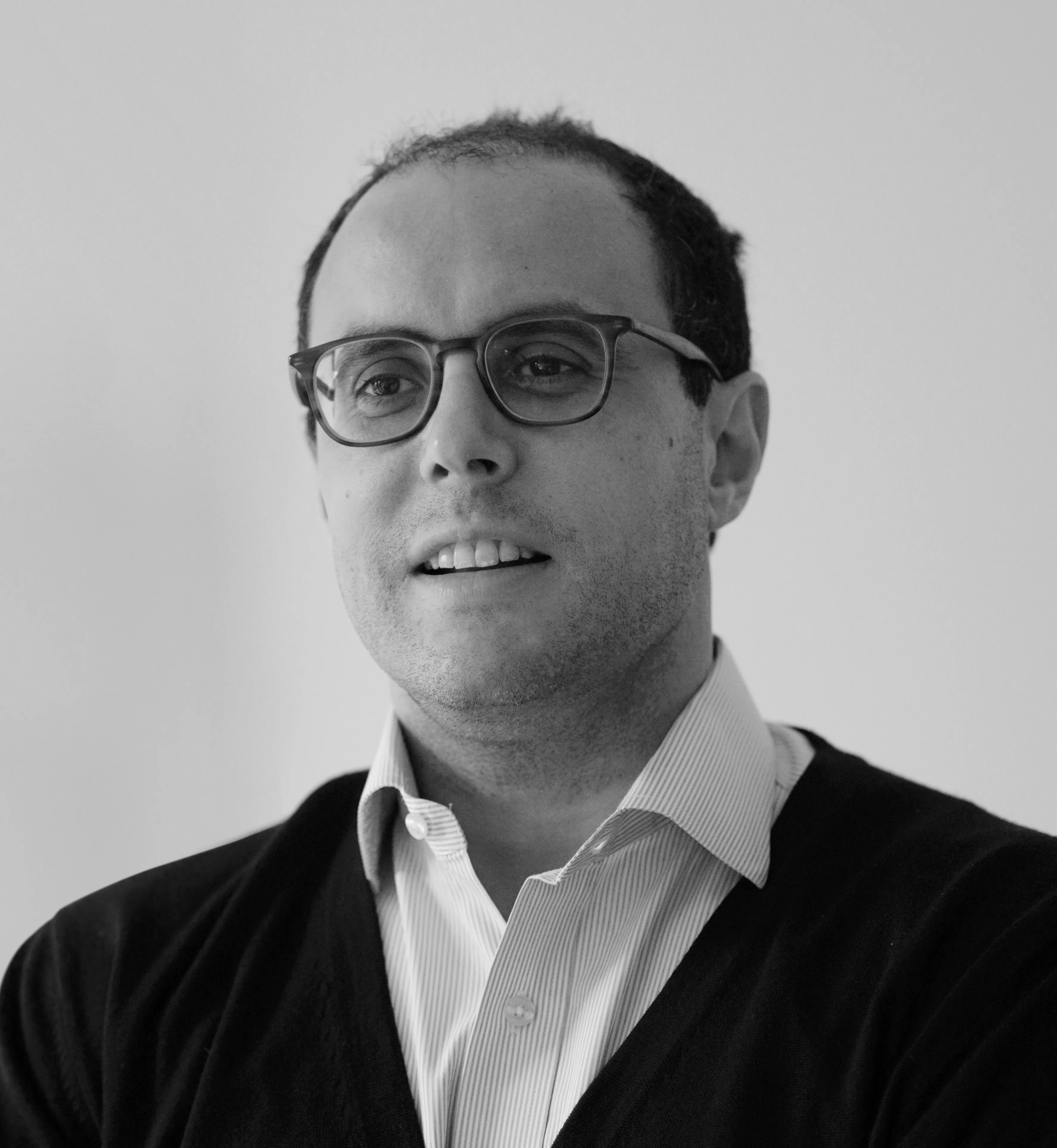
 Sign in with Google
Sign in with Google 
